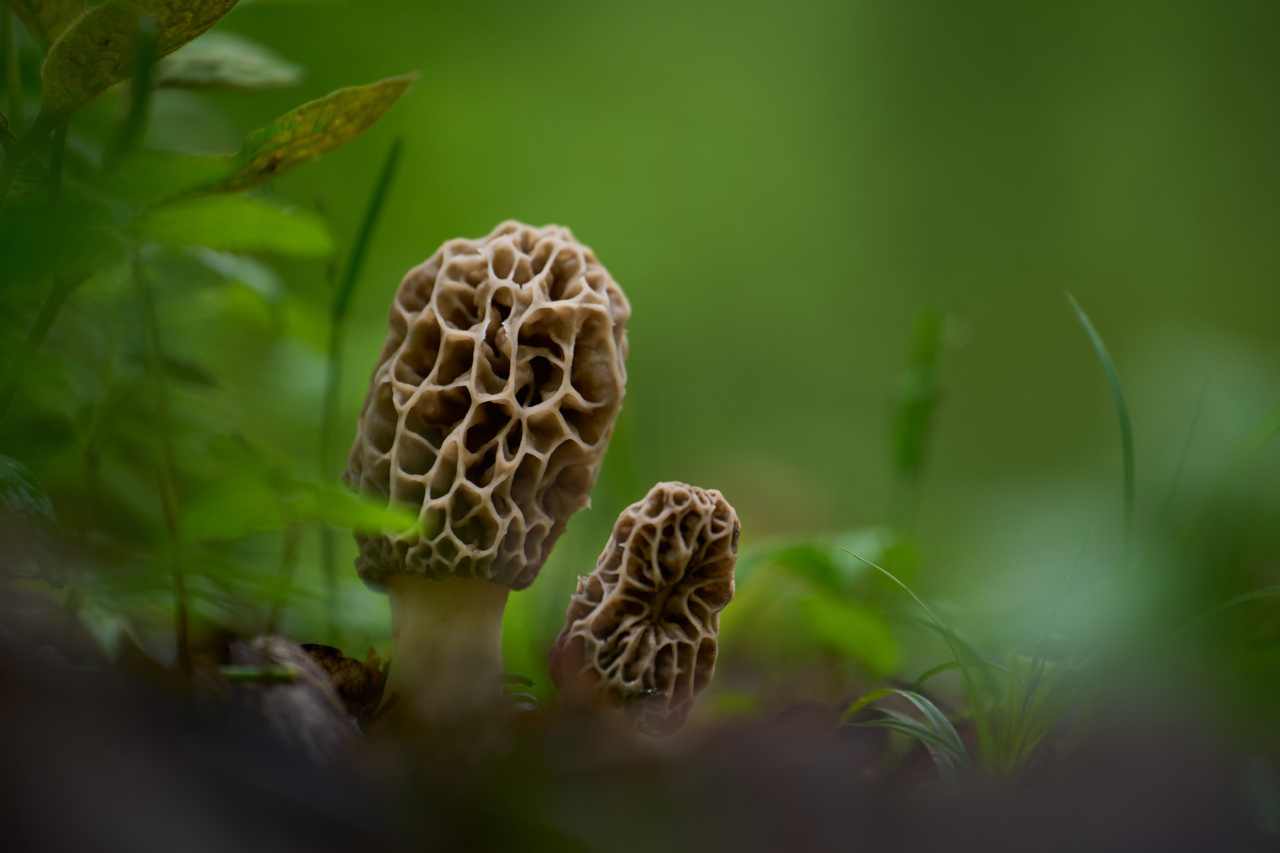Alzheimer’s disease is a degenerative brain disorder that affects millions of people worldwide. It is characterized by memory loss, cognitive decline, and behavioral changes.
As the global population ages, the prevalence of Alzheimer’s is expected to increase dramatically, making the search for effective prevention strategies a top priority.
Exploring the Potential of Mushrooms
In recent years, mushrooms have captured significant attention in the field of medicinal research due to their potential health benefits.
Various species of mushrooms have been studied for their ability to prevent or slow down the progression of neurodegenerative disorders, including Alzheimer’s disease.
Lion’s Mane Mushroom: A Prominent Contender
Lion’s Mane mushroom (Hericium erinaceus) is one of the most promising mushrooms studied for its potential in Alzheimer’s prevention.
Research suggests that Lion’s Mane contains compounds that stimulate the production of nerve growth factors in the brain. These growth factors play a crucial role in promoting the growth, maintenance, and survival of neurons, which are essential for cognitive function.
Reishi Mushroom: Enhancing Brain Health
Reishi mushroom (Ganoderma lucidum) is another medicinal mushroom that has demonstrated potential in Alzheimer’s prevention.
It possesses antioxidant and anti-inflammatory properties, which may help combat the oxidative stress and chronic inflammation that contribute to neurodegenerative diseases.
Cordyceps Mushroom: Boosting Brain Function
Cordyceps mushroom (Cordyceps sinensis) is known for its potential to enhance brain function and improve mental clarity.
Studies have suggested that Cordyceps may protect against neurodegeneration by reducing beta-amyloid plaque buildup, a hallmark of Alzheimer’s disease.
Turkey Tail Mushroom: Immune System Support
Turkey Tail mushroom (Trametes versicolor) has been widely studied for its immune-modulating properties. While not directly targeting Alzheimer’s, maintaining a healthy immune system is crucial for overall brain health.
By supporting immune function, Turkey Tail may indirectly contribute to lowering the risk of neurodegenerative disorders.
Chaga Mushroom: Fighting Oxidative Stress
Chaga mushroom (Inonotus obliquus) is rich in antioxidants and has been traditionally used to support overall health and well-being.
Antioxidants play a crucial role in reducing oxidative stress, which is believed to be a contributing factor in Alzheimer’s and other neurodegenerative diseases.
Maitake Mushroom: Potential Neuroprotective Effects
Maitake mushroom (Grifola frondosa) contains a compound called beta-glucan, which has shown potential neuroprotective effects.
Beta-glucan may help inhibit the aggregation of beta-amyloid proteins, which are known to form plaques in the brains of Alzheimer’s patients.
Shiitake Mushroom: Rich in Antioxidants
Shiitake mushroom (Lentinula edodes) is a widely consumed edible mushroom known for its rich flavor. It is also a potent source of antioxidants, including a compound called ergothioneine.
Increased intake of ergothioneine has been associated with a reduced risk of neurodegenerative diseases, including Alzheimer’s.
Agaricus blazei Mushroom: Immune System Modulation
Agaricus blazei mushroom, also known as Royal Sun Agaricus, has shown potential in modulating the immune system. A well-balanced immune system is essential for maintaining brain health and preventing neurodegenerative disorders.
The Power of Medicinal Mushrooms
While each mushroom mentioned offers unique benefits for Alzheimer’s prevention, it is important to note that the studies on their effectiveness are still ongoing.
The potential of mushrooms in preventing or slowing down neurodegenerative disorders is an exciting field, but more research is needed to fully understand their mechanisms and establish optimal dosage recommendations.
Conclusion
The emerging breakthrough of mushrooms in Alzheimer’s prevention brings hope to individuals at risk of developing this devastating disease.
Lions Mane, Reishi, Cordyceps, Turkey Tail, Chaga, Maitake, Shiitake, Agaricus blazei, and other medicinal mushrooms offer a natural and holistic approach to support overall brain health. It is important to consult with healthcare professionals and consider incorporating mushrooms into a well-rounded lifestyle that includes a balanced diet, regular exercise, and mental stimulation for comprehensive health and disease prevention.





























